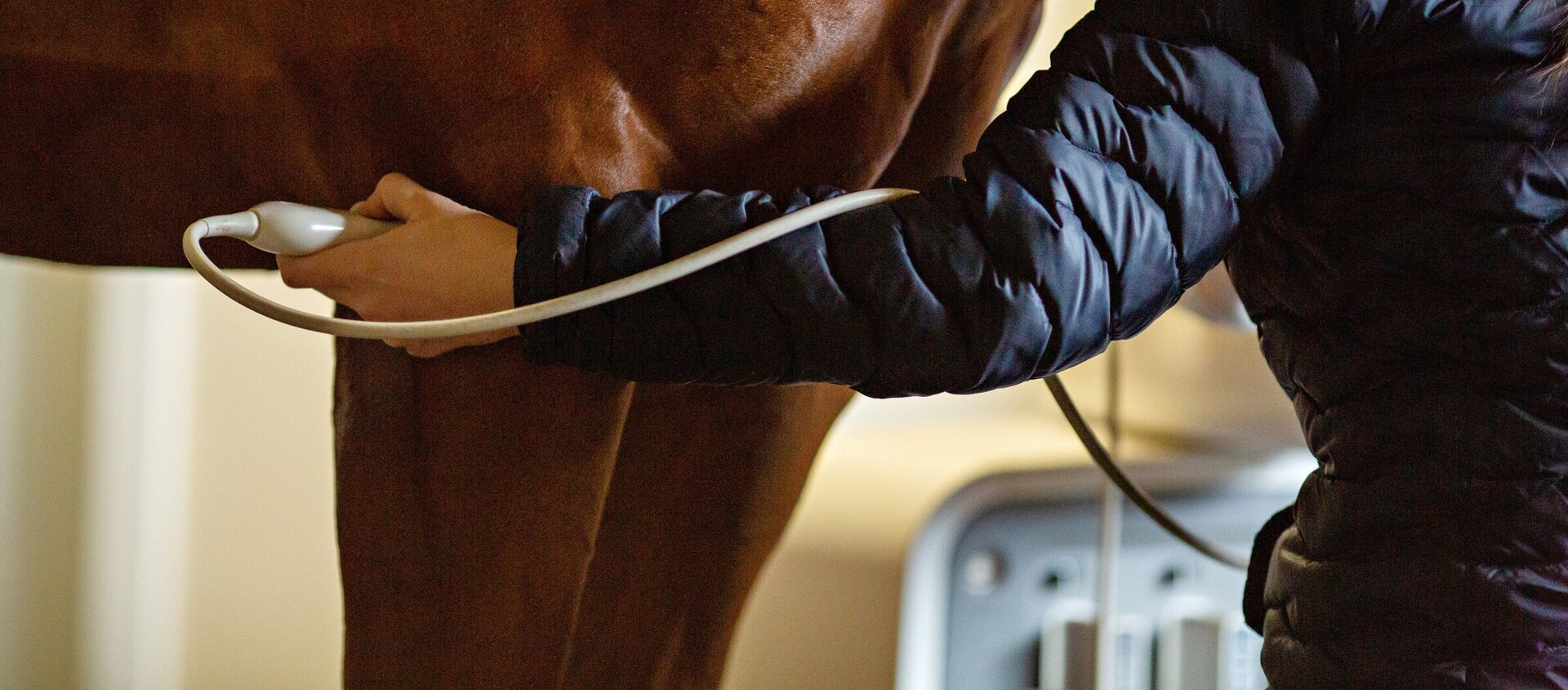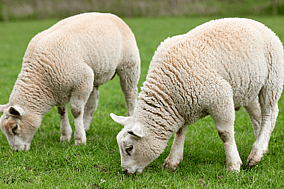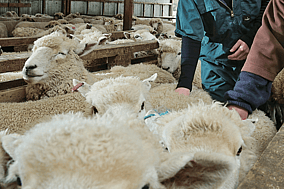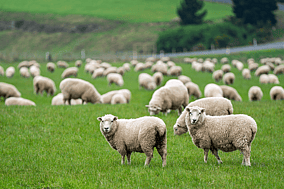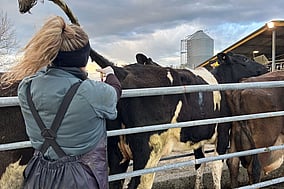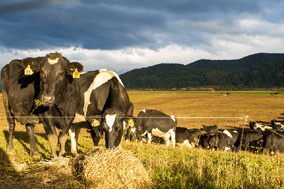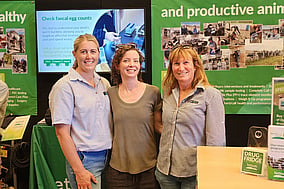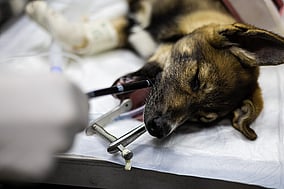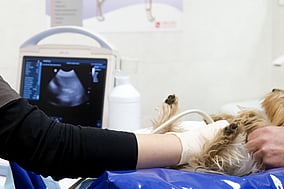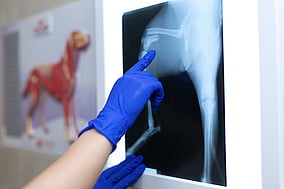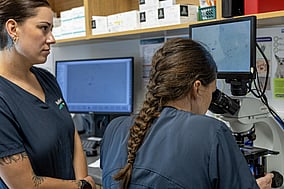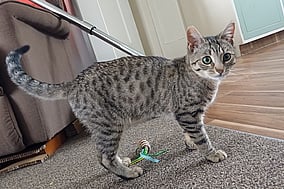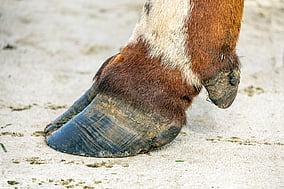Equine Radiography
Our equine vet clinic is equipped with portable digital radiography equipment. Digital radiography supplies a superior quality image that can be sent via email.
Our x-ray machine is perhaps our most used piece of equipment, often being used many times a day. All sorts of different areas of the horse are x-rayed, however we mostly use it in the limbs.
Respiratory Noise Evaluation
An abnormal respiratory noise is often an indicator of problems that can be performance inhibiting to equine athletes and pleasure horses alike. We are able to investigate respiratory noises and if needed offer surgical solutions. Airway endoscopic examinations (scoping) are commonly performed in the evaluation of abnormal noises as well as for checking the lungs in cases of poor performance.
We have access to the latest technology in the form of ‘over the ground’ or ‘dynamic’ upper airway endoscopy via a visiting clinician. This system used a portable endoscopic system with a recording device attached to the horse. A video of the upper airway at work is produced for analysis which more accurately shows issues as they happen.
Equine Pre Purchase Examination
Many people when looking to buy a new horse will ask us about a ‘vetting’ or pre purchase examination of the horse. This is an examination to check the horse over for obvious and detectable conditions. We follow the examination protocol system recommended by the New Zealand Equine Veterinary Association. Talk to one of our equine vets for more information on the type or style of examination that may be suitable for the horse you are considering buying.
There are two choices for the type of examination Full (Stages 1-5): The full examination consists of five stages. These stages are: 1 examination at rest, 2 examination while being trotted in hand, 3 observation while being exercised, 4 period of rest, 5 Follow up observation trotting in hand after exercise. Partial (Stages 1-2): For horses in work or with a known current competitive history many clients request an abridged or partial examination.
The partial examination consists of stages one and two of the standard examination. Other additional procedures as part of the pre-purchase: We are also able to incorporate other procedures like digital x-rays, endoscopic examinations, ultrasound examinations, blood tests and electrocardiographic (ECG) examinations into your pre-purchase exam. Pre purchase examination request If you are considering getting a pre purchase examination then we have a special form to fill in for this. Please click here to download.
Medical Work Up for Horses
We can perform an array of assessments for medical conditions in horses. Such assessments range from weight loss and poor condition to diarrhea and more. We have the necessary equipment in the form of; an in-house laboratory, endoscopic, ultrasound, ECG and x-ray equipment to assist in diagnosis. Our staff are dedicated and qualified to effectively work up medical cases.
Veterinary Certificate
We are asked to certify horse in many differing situations, from scratching from events to pregnancy and insurance situations. After the required examination a written veterinary certificate is supplied.
THE BENEFITS
Why VetSouth is a great choice

We're locals
We’ve been in the lower South Island for decades. It’s where we’re from and where we raise our families.

Wide network
We’re plugged into the Veterinary world and our team can call on expertise from all over the world, then deliver it locally.

Handy clinics
We’re close to you for consults, supplements, supplies...whatever you need. Pop on in or organise a delivery.

INNOVATION & RESEARCH
A never ending quest for improvement and advancement
Researching animal welfare and pathology is a passion we share, with our work being used by industry bodies such as Dairy NZ, the Sustainable Farming Fund and Beef & Lamb.
